The Best Short Story I Read in a Lit Mag This Week: “Centrifugal Force” by Jodi Angel
People want to believe that Mark Twain once said, “Denial ain’t just a river in Egypt,” though there’s zero evidence to back up his authorship. While others have claimed to know the quote’s true origin, most likely it’s one of those anonymous aphorisms passed down through the years. But
Review: THIS IS THE HOMELAND by Mary Hickman
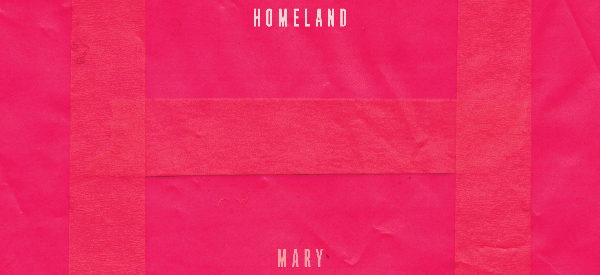
This Is the Homeland Mary Hickman Ahsahta Press, May 2015 80 pages $18.00 Buy book Mary Hickman’s first volume of poetry begins dazzlingly with “Joseph and Mary,” a poem carved out of Joyce’s Ulysses. Whether this was done by dramatic erasure or by mosaic-like re-arrangement of fragments is hard to
“We licked the dictionary off each other’s faces” : Bhanu Kapil’s Humanimal: A Project for Future Children

What’s wrong with being raised by wolves? In Humanimal: A Project for Future Childen, Bhanu Kapil investigates “the true story of Kamala and Amala, two girls found living with wolves in Bengal, India, in 1920” (ix). But unlike a crowd drawn to witness a re-enactment, Kapil’s book instead involves
“Little, safe boxes that contain trauma and violence”: An Interview with Jehanne Dubrow

Jehanne Dubrow’s latest collection of poems, The Arranged Marriage, tells a difficult and moving story about the poet’s mother and her early life. The narrative gradually comes into focus for the reader through a sequence of beautiful, haunting prose poems—narrow blocks of words the poet likens to “newspaper columns”
Round-Down: Why GO SET A WATCHMAN May Have Been Better Unpublished
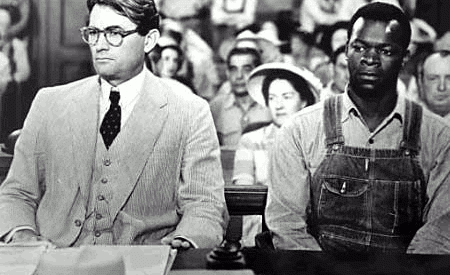
Discussion surrounding the recent release of Harper Lee’s purported To Kill a Mockingbird prequel–or draft, or sequel–Go Set a Watchman has dominated the literary community for the past several weeks. Just about every article on Watchman touches on the question of either whether Lee consented to having the long stowed-away manuscript released. At
Inclusivity & Authorship: Second-Person Pronouns
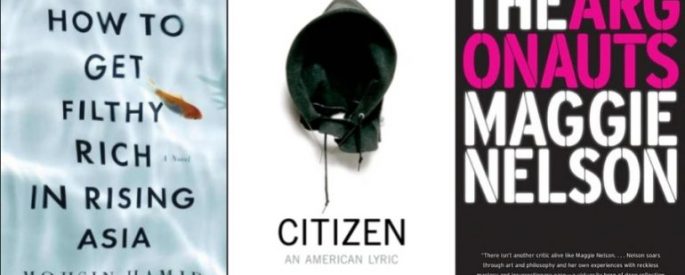
Used poorly, second-person reads like a trope; used well, second-person as a narrative device adds inclusivity to literature, raises questions of authorship, and helps an author communicate politically-charged topics like globalization, race, and gender. Mohsin Hamid utilizes second-person in his novel, How to Get Filthy Rich in Rising Asia,
Sincerely Yours
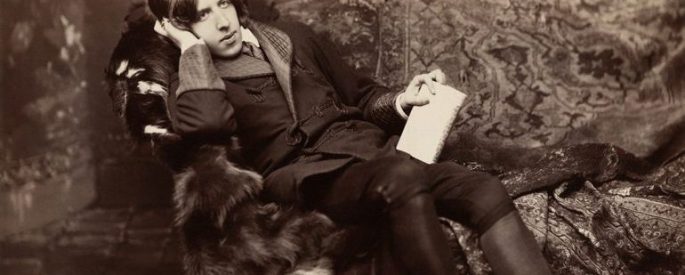
Because I’d just read “The Bridge,” which I only half-understood, rendering it sacrosanct to my wide-eyed freshman mind, I’d taken Hart Crane at his word when he wrote in an essay that “Sincerity is essential to all real poetry.” Rilke said it earlier in his own letter-turned-rule-book for all young
The Best Short Story I Read in a Lit Mag This Week: “A Daring Undertaking” by Ashley Davidson
Who doesn’t enjoy reading other people’s mail? There’s a guilty pleasure in eavesdropping on other people’s correspondence. In “A Daring Undertaking” (Shenandoah Volume 64, Number 2) by Ashley Davidson, we’re privy to a strange collection of letters, public and private, spanning from 1856 to 1933, examining the various transgressions—both personal
Review: MR. AND MRS. DOCTOR by Julie Iromuanya
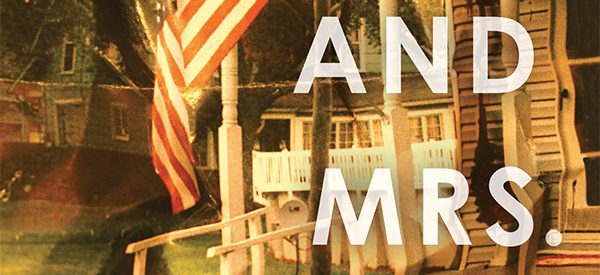
Mr. and Mrs. Doctor Julie Iromuanya Coffee House Press, 2015 288 pages Buy: book | eBook Job Ogbonnaya is a liar—or, depending on your taste, a dreamer. After his brother Samuel dies in the Biafran war, Job becomes the hope of his family. They send him to school in
The Economic Crisis and Survival of Greek Letters Part 1: A Tiny Interview with Evangelia Avloniti of the Ersilia Literary Agency

This interview is part 1 of a 2 part series on contemporary Greek letters and the economic crisis. Literature survives. Always has, always will. Modern Greek letters alone have seen the rise and fall of the Ottoman Empire, two world wars, followed by the Greek civil war in the